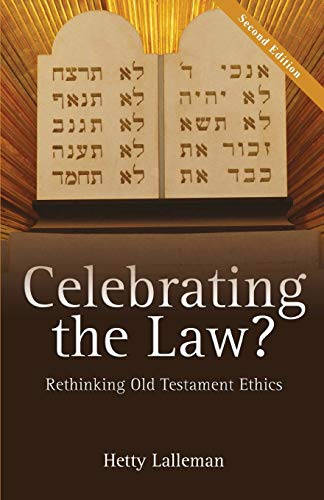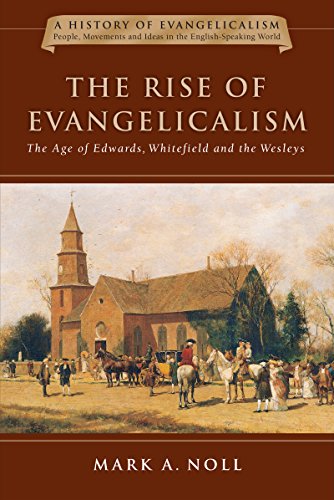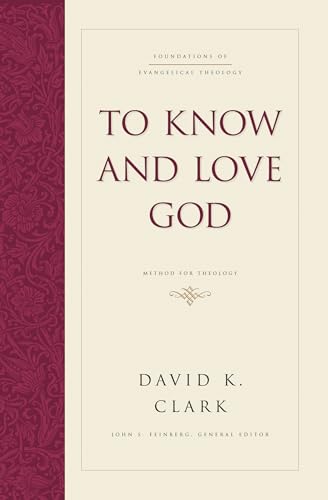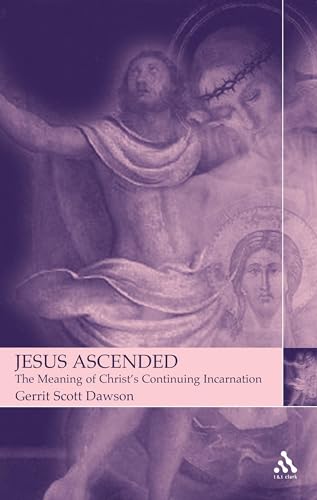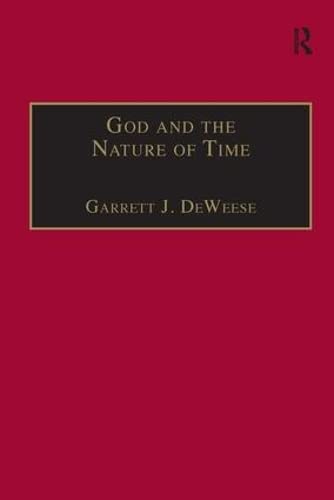CELEBRATING THE LAW? RETHINKING OF ETHICS
Written by Hetty Lalleman Reviewed By Walter L. McConnell IIIDuring the past couple of decades a number of scholarly works on OT ethics have been produced. This book brings this body of literature down to an introductory level that should benefit both theological students and biblically educated laity who desire a succinct and highly accessible introduction to the field.
The book begins with an overview of how the OT has been viewed as a source for ethics (ch. 1), and followed by a chapter (2) that lays out a theological framework (focusing on creation, God’s kingship, and covenant) for approaching OT laws and commands. The author then investigates ideas promoted by current writers on OT ethics in order to lay down some principles for approaching the subject today (ch. 3). The suggested approach is then tested by referring to some specific OT laws (about food, debt, and warfare, in chs. 4 to 6), and we are then shown how it applies to the NT church (ch. 7).
The approach centres on seven ‘Basic keys of Old Testament ethics’ (59–64). (1) Ethics begins from creation and a intended to guide people to live in God’s presence, (2) ‘Old Testament ethics is based on God’s grace’; (3) God’s ethical covenant with Israel serves as a model for all nations who should also know and serve him, (4) OT ethics is God-centred and therefore good; (5) the OT does not distinguish between the ‘spiritual’ and ‘physical’, as all of life is to be lived in God’s presence, (6) the land plays a central role in Israel’s life of faith, and (7) OT ethics is equally concerned with the life of the individual and the community. These basic keys are re-examined in each of the last four chapters so that modern readers can understand both their original purpose and how they can be applied in the Christian church.
As a basic introduction, Celebrating the Law? is not as deep as the scholarly works that it prepares its readers to engage. However, by raising a series of questions for reflection or discussion at the end of each chapter, it challenges its readers to live out biblical ethics in a way the other books do not. Although many will be tempted to skip them, those who engage the questions will find them mentally stimulating and morally challenging.
Several minor issues weaken what is otherwise a very good book. First, it is not clear why the author highlighted the laws regarding food, debt, and warfare for discussion when other OT issues such as sexuality, truthfulness, and various forms of idolatry are equally relevant for ethics today. Second, in spite of his contribution to the recent discussion on OT ethics John Barton is only briefly mentioned in the text (50), and not specifically with regard to his approach to the OT and ethics.
The third and biggest problem is that few readers will come away feeling equipped to handle many of the specific passages they encounter in their reading and study of the Bible. While it is helpful to apply Lalleman’s seven basic principles paradigmatically, they are inadequate to deal with every potential ethical issue found in the text of Scripture or modern life. Similarly, the approach does not directly help solve the issue of whether a particular OT text has an ethical claim upon the NT church or not.
These weakness are minor compared to the benefits readers will gain from the discussion that clearly aims to help twenty-first century Christians understand how to use the OT for ethical reflection and application. As a beginning text on this subject it is highly recommended.
Walter L. McConnell III
Walter L. McConnell III
OMF International
Singapore


